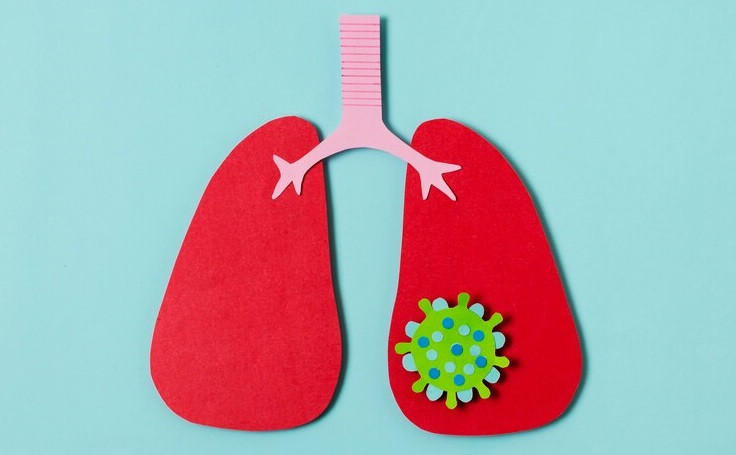Tuberculosis (TB) is a contagious disease that infects the lungs. It is caused by bacteria that can spread through droplets released into the air when coughing or sneezing.
TB has not been eradicated yet in Indonesia. Although it is treatable, the risk of transmission remains very high. To detect TB transmission, diagnostic tests are necessary and can be obtained at the nearest healthcare facility.
Tuberculosis diagnostic tests
Generally, there are two types of tests to diagnose TB, including:
Tuberculosis skin test
The TB skin test is also known as the tuberculin skin test or the Mantoux test. This test can detect latent TB infection or if you live in the same house as someone who has active TB.
The doctor will use a small needle to inject fluid under the arm's skin. To see results, wait about 48–72 hours for the skin reaction to form. If the test reveals a hard or swollen bump, the result is positive. This means you might have TB. Further testing is required to confirm the diagnosis.
On the other hand, if there is no bump, the test is negative, indicating that you are not infected with TB. If you live with someone who has active TB, your doctor may order a repeat test.
Tuberculosis blood test
The blood test for tuberculosis is known as the interferon-gamma release assay, or IGRA. This test is typically required if the Mantoux test yields a positive result. This test is also required if:
- You have had direct and prolonged contact with someone who has active tuberculosis
- You live in an environment with high rates of tuberculosis
- You're a healthcare worker, doctor, prisoner, or homeless individual
- You have HIV
Similar to the Mantoux test, the TB blood test will show a negative result if no TB bacteria are found in the body. If the test shows a positive result, then TB bacteria are present in the body.
If the test results are positive for tuberculosis, your doctor will order additional tests to determine whether you have latent or active tuberculosis.
I was vaccinated with BCG but the TB test results are positive
The BCG vaccine is given to children to prevent severe symptoms when they are infected with TB. However, this vaccine does not prevent children from contracting the disease in the first place.
Furthermore, the BCG vaccine's protective effects will fade as the child ages. So, even if they have received the BCG vaccine, the risk of TB infection persists.
As a result, it is still necessary to have a TB test, especially if you experience symptoms such as
- Cough lasting more than three weeks
- Coughing up blood
- Chest pain, or pain while breathing or coughing
- Unintentional weight loss
- Fatigue
- Fever
- Night sweats
- Chills
- Loss of appetite
TB can also affect the kidneys, bone marrow, and brain. Getting an early check-up is critical for receiving appropriate treatment.
If you need medical advice or consultation, you can either visit a doctor or make use of the consultation features that are available in the Ai Care application by downloading the Ai Care application from the App Store or Play Store.
Looking for more information about other diseases? Click here!
- dr. Monica Salim
Mayo Clinic (2021). Tuberculosis. Available from: https://www.mayoclinic.org/diseases-conditions/tuberculosis/symptoms-causes/syc-20351250
Department of Health Minnesota (2022). The TB (Tuberculosis) Skin Test (Mantoux). Available from: https://www.health.state.mn.us/diseases/tb/basics/factsheets/tst.html
Department of Health Minnesota (2022). Tuberculosis (TB) Blood Test (IGRA). Available from: https://www.health.state.mn.us/diseases/tb/basics/factsheets/igra.html
NHS UK (2019). BCG vaccine for tuberculosis (TB) overview. Available from: https://www.nhs.uk/conditions/vaccinations/bcg-tuberculosis-tb-vaccine/
Medline Plus (2022). Tuberculosis Screening. Available from: https://medlineplus.gov/lab-tests/tuberculosis-screening/











